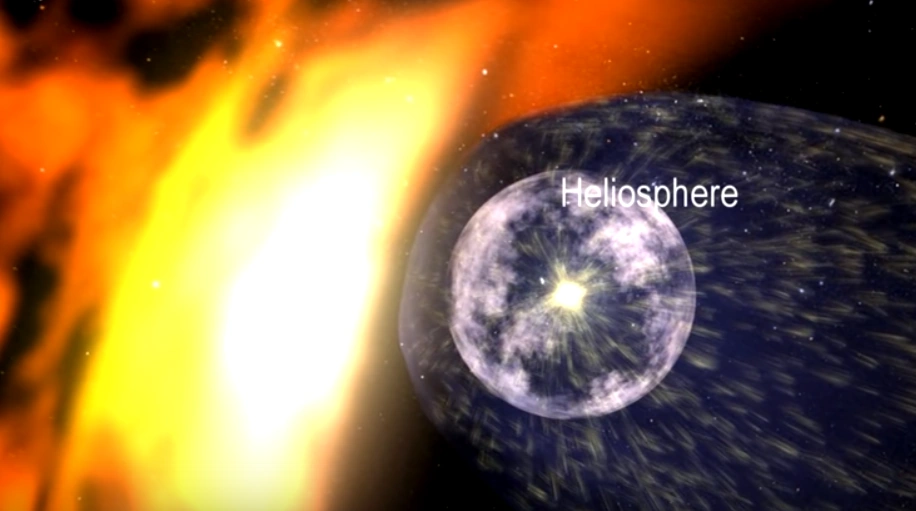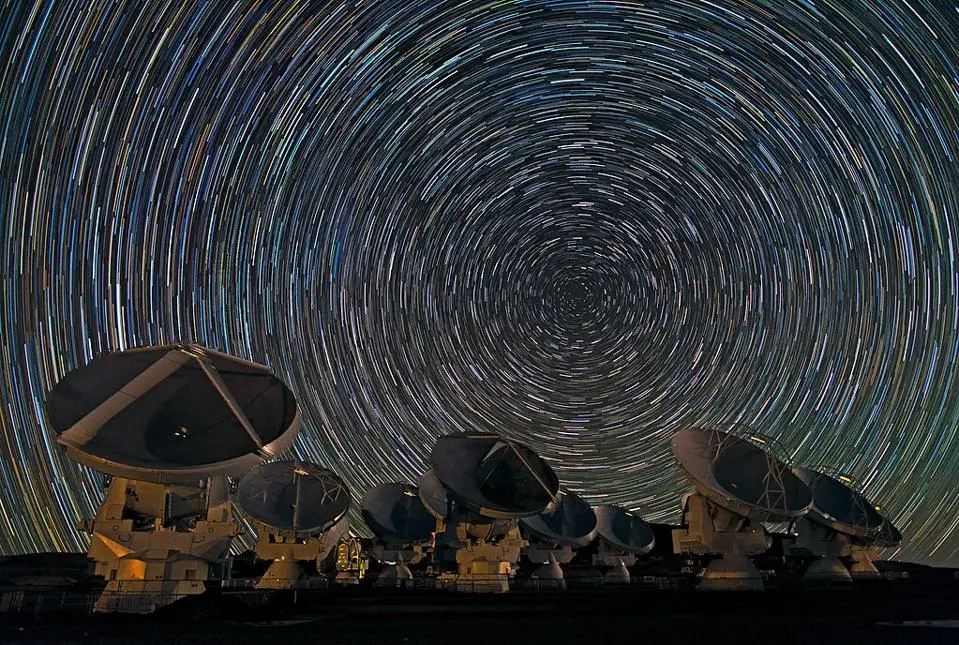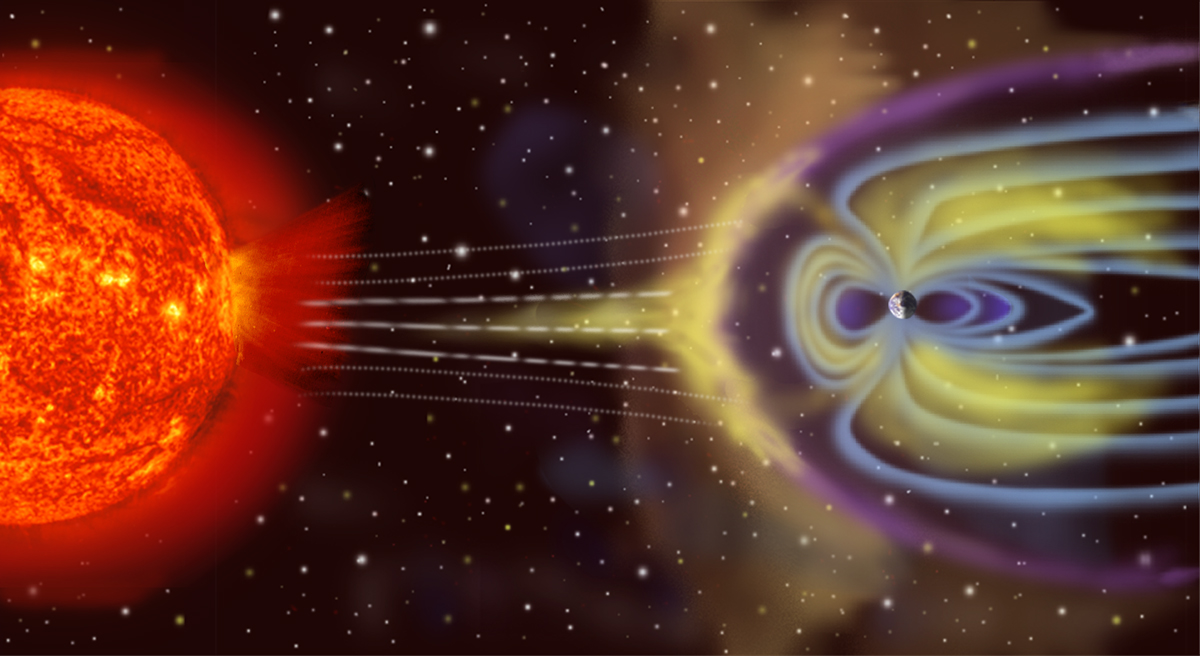Cosmology is the study of the origin, evolution, and fate of the universe. It is a broad field that encompasses a wide range of topics, from the Big Bang to the ultimate fate of the cosmos.
Key Areas of Cosmology
- Big Bang Theory: The prevailing theory about the origin of the universe, which proposes that it began as a singularity and has been expanding ever since.
- Cosmic Microwave Background Radiation: The leftover heat from the Big Bang, which provides evidence for the theory.
- Dark Matter and Dark Energy: These mysterious substances make up most of the matter and energy in the universe.
- Galaxy Formation and Evolution: The study of how galaxies form and evolve over time.
- Large-Scale Structure of the Universe: The study of how galaxies are distributed throughout the universe.
Tools and Techniques
Cosmologists use a variety of tools and techniques to study the universe, including:
- Telescopes: Optical telescopes, radio telescopes, X-ray telescopes, and other types of telescopes are used to observe celestial objects.
- Spacecraft: Spacecraft, such as the Hubble Space Telescope and the James Webb Space Telescope, can observe the universe from above Earth’s atmosphere, providing clearer views of celestial objects.
- Computer Simulations: Computer simulations are used to model the behavior of the universe on a large scale.
- Data Analysis: Cosmologists use sophisticated data analysis techniques to extract information from astronomical observations.
Recent Discoveries
Cosmology has made significant progress in recent years, with a number of groundbreaking discoveries. These include:
- The discovery of dark energy: The acceleration of the universe’s expansion is attributed to dark energy, a mysterious force that makes up about 68% of the universe’s energy content.
- The measurement of the age of the universe: The age of the universe is estimated to be approximately 13.8 billion years.
- The observation of the cosmic microwave background: This faint radiation left over from the Big Bang provides evidence for the theory and allows scientists to study the early universe.
Cosmology is a dynamic and exciting field with much to offer. As technology continues to advance, we can expect to make even more groundbreaking discoveries about the universe.
Would you like to learn more about a specific area of cosmology, such as the Big Bang Theory, dark matter, or the fate of the universe?



